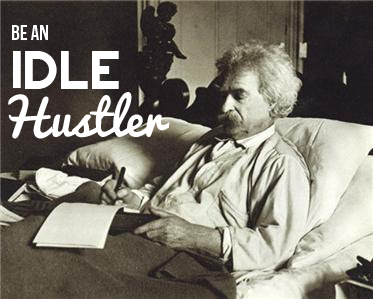
What is an idle hustler? Seems like an oxymoron, right? It's certainly a paradox--and that's where the good stuff is. Positive leadership is a smart balance between getting stuff done and knowing when enough is enough.
You've probably felt the same way I have as you've read through articles that talk about hustling and working hard on one hand, and, on the other hand, articles that advise you to slow down and enjoy life. Confused? I was. How are business owners supposed to work harder, longer and passionately while working minimally and intentionally and make a profit?
Let's start with definitions:
hustle (verb)
What does the dictionary have to say about hustle?
- Force (someone) to move hurriedly or unceremoniously in a specified direction
- Push roughly through; jostle
- Obtain by forceful action or persuasion
- Coerce or pressure someone into doing or choosing something
- Sell aggressively
- Obtain by illicit action; swindle; cheat
Hmm. After reading those definitions I wasn't sold on hustling in business--sounded illegal and pushy.
But, that's not what everyone is talking about when they talk about hustling. Here's what hustling in business really looks like:
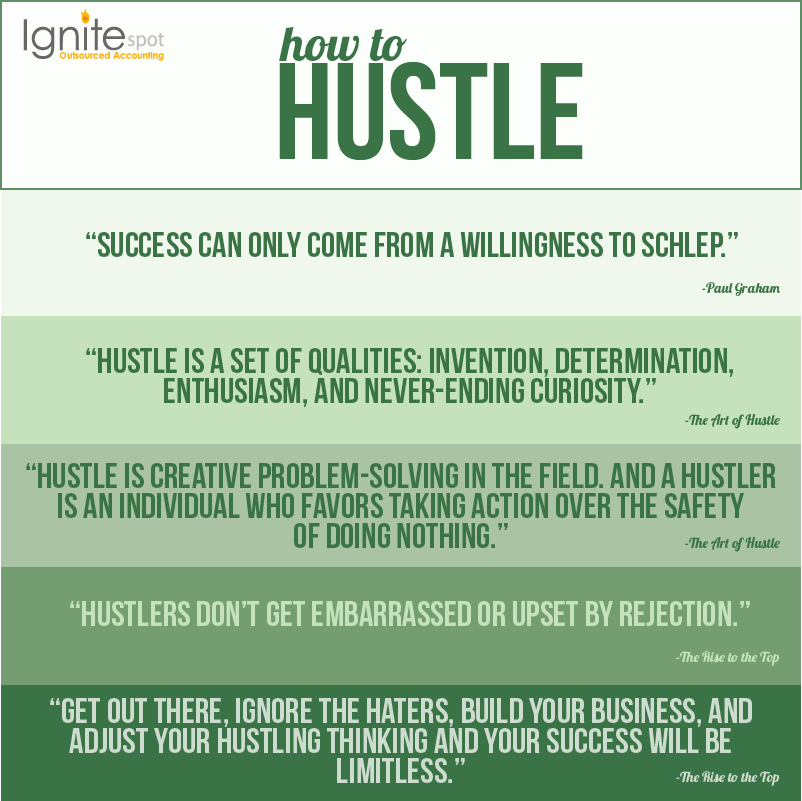
That sounds more like something I want to do. I can totally get on board with creative problem-solving, determination, and schlepping.
Hustling Has Nothing To Do With Busy
In a Forbes online article How Busy Is Too Busy?, Judy Abel argues that
There needs to be time to relax, recharge and rebalance. Without that necessary downtime, our ability to innovate lessens. Playing as well as working is necessary. Through playing, we discover new ideas. Through resting, we take the time needed to approach problems from new angles.
Most decision-makers are working too much. Don't believe me? Check out these numbers:
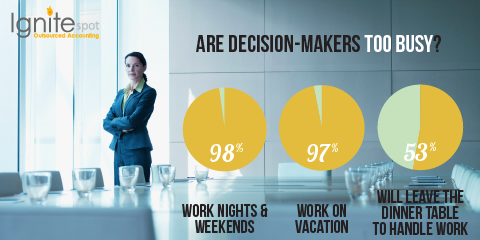
Where do you fall? Are you working nights and weekends? Are you working on vacations? Do you leave the dinner table to deal with work issues?
Is it really necessary? I'm willing to bet that your stress levels would go down if you'd actually give yourself some down time--which would lead to better decisions and a more productive office. Hustling is not busy. It's smart. It's deliberate. It's willingness.
Hustling Means Getting Started--Even If You Suck
Marie Forleo shares a hilarious personal story about the very first workshop in a friend's basement with five people (including her parents).
Be willing to start small and start sucky.
Hustling is humility. Get over yourself. And just start!
Idleness Redefined
You probably grew up with warnings against idleness. An idle life was most likely equivocated to an unrproductive and lazy life that would lead you to warming your hands over a barrel fire in the worst part of town. Idleness was something to be feared and left alone.
However, just like hustling is being redefined in the business world, so is idleness.
In a New York Times article, Tim Kreider argues that
Idleness is not just a vacation, an indulgence or a vice; it is as indispensable to the brain as vitamin D is to the body, and deprived of it we suffer a mental affliction as disfiguring as rickets.
Rickets?! No thanks.
What idleness is most akin to is "essentialism." Greg McKeown's book defines essentialism as
The art of discerning between external noise and internal voice. It's not a task and time management tactical list. It's more than that. It's a mindset--a way of life.
So what makes an essentialist? Here's what McKeown advises:
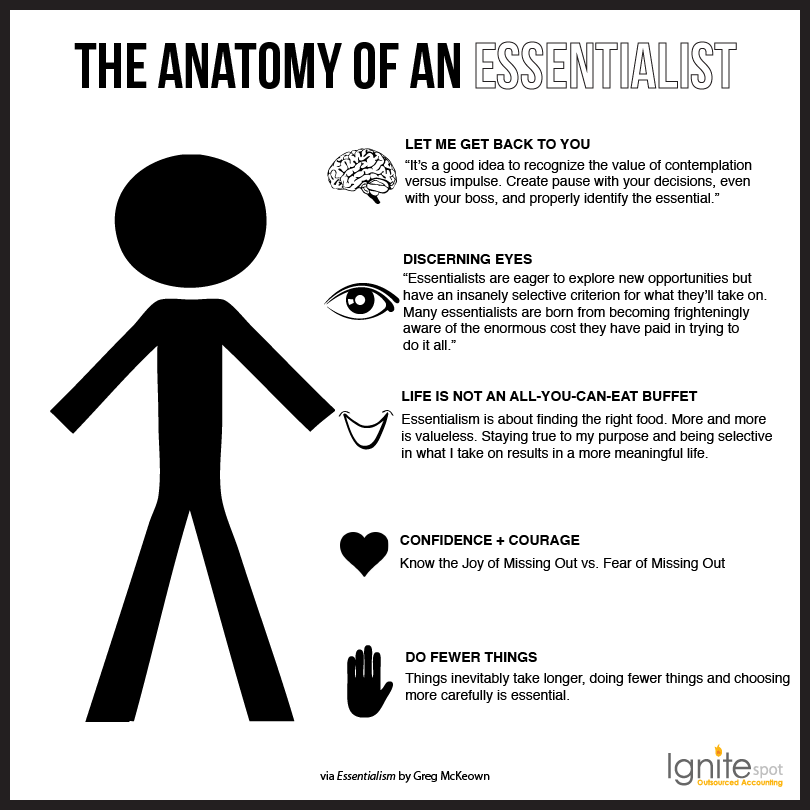
Essentialism + Husling = Idle Hustler
When you use your willingness to show up everyday and focus on what's most important, you'll find that balance where you can hustle doing less.
Here's 5 idle actions to help you avoid burnout while hustling that will increase productivity:
- Place your phone far, far away from you. You don't need to check it 150 times per day.
- Cultivate life skills: cognitive, social and emotional competence. KNOW YOURSELF.
- Make time for play and exercise.
- Eat healthy.
- Take breaks every 90 minutes.
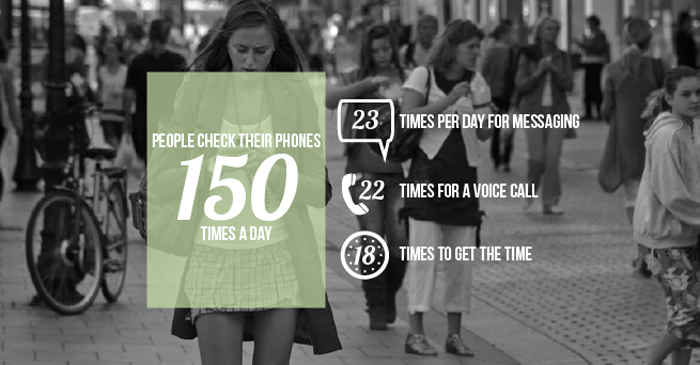
Yes, it's possible to be an idle hustler. No oxymoron here. Which business leaders are idle hustlers?
References:
(2013, May 29) Stern, Joanna. Cellphone Users Check Phones 150x/Day and Other Internet Fun Facts. ABC News Technology Review. Retrieved July 17, 2014 from http://abcnews.go.com/blogs/technology/2013/05/cellphone-users-check-phones-150xday-and-other-internet-fun-facts/
(2013, October 20) Chacon, Belen. Why Life Skills Are Important For Your Career. Careerealism. Retrieved July 17, 2014 from http://www.careerealism.com/career-life-skills/#!bjXOJG
Dr. Heber, David. How Nutrition and Exercise Can Increase Productivity and Lower Health Care Costs. UCLA Health. Retrieved July 17, 2014 from http://www.uclahealth.org/body.cfm?id=502&action=detail&ref=134
(2014, May 30) Shawtz, Timothy and Porath, Christine. Why You Hate to Work. New York Times. Retrieved July 22, 2014 from http://www.nytimes.com/2014/06/01/opinion/sunday/why-you-hate-work.html?smid=fb-nytimes&WT.z_sma=OP_WYH_20140602&bicmp=AD&bicmlukp=WT.mc_id&bicmst=1388552400000&bicmet=1420088400000&_r=4
(2014, April 17) Ursrey, Lawton. The Art of Essentialism. Forbes. Retrieved July 22, 2014 from http://www.forbes.com/sites/lawtonursrey/2014/04/17/the-art-of-essentialism/
Garland, David Siteman. What Is Hustle and Why Successful Entrepreneurs Have Mastered It. The Rise to the Top. Retrieved July 22, 2014 from http://www.therisetothetop.com/davids-blog/what-is-hustle-and-why-successful-entrepreneurs-have-it-mastered/
(2012, July 9) Abel, Judy. How Busy Is Too Busy? Forbes. Retrieved July 22, 2014 from http://www.forbes.com/sites/gyro/2012/07/09/how-busy-is-too-busy/
The Art of Hustle. http://www.artofhustle.com/
What to Read Next:
The Art of Hustling In Business
Why It's Good To Be a Small Business
How To Quit Your Job and Start a Business




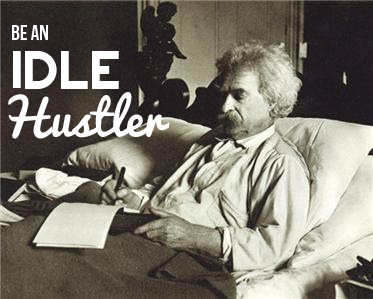

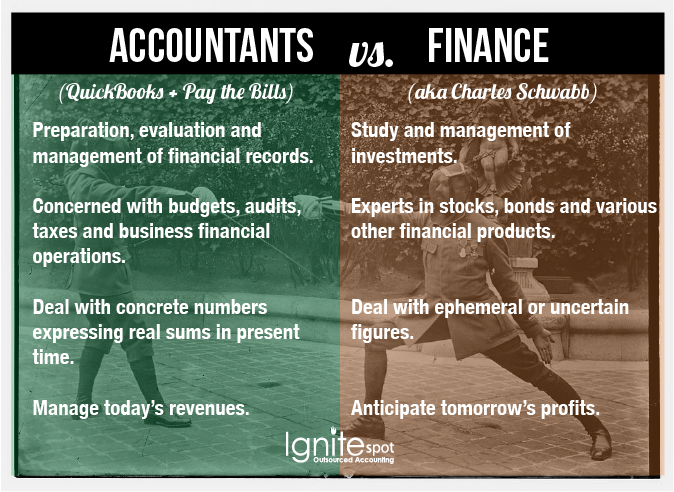
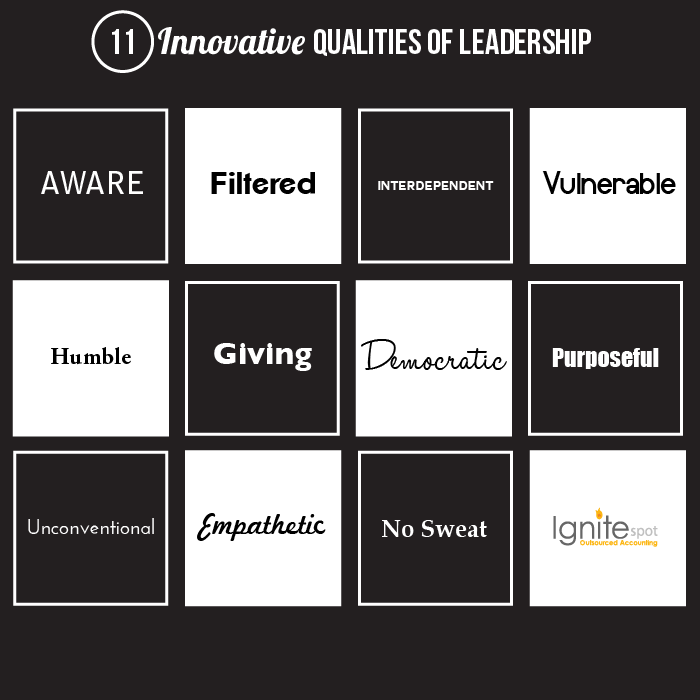
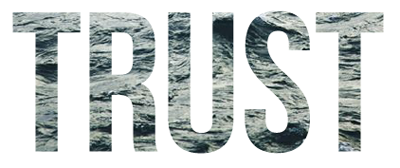

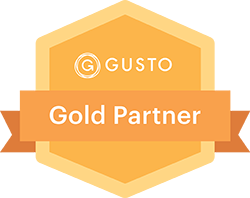



.png)


